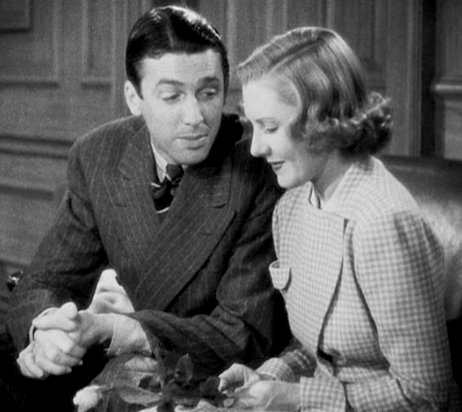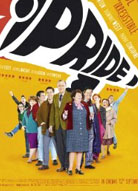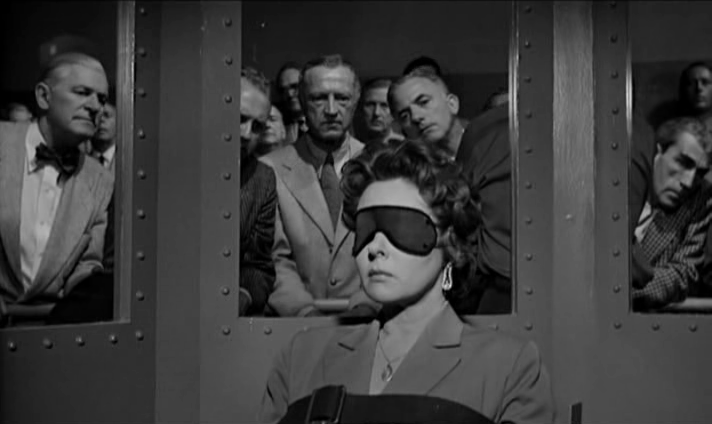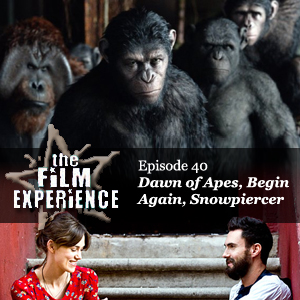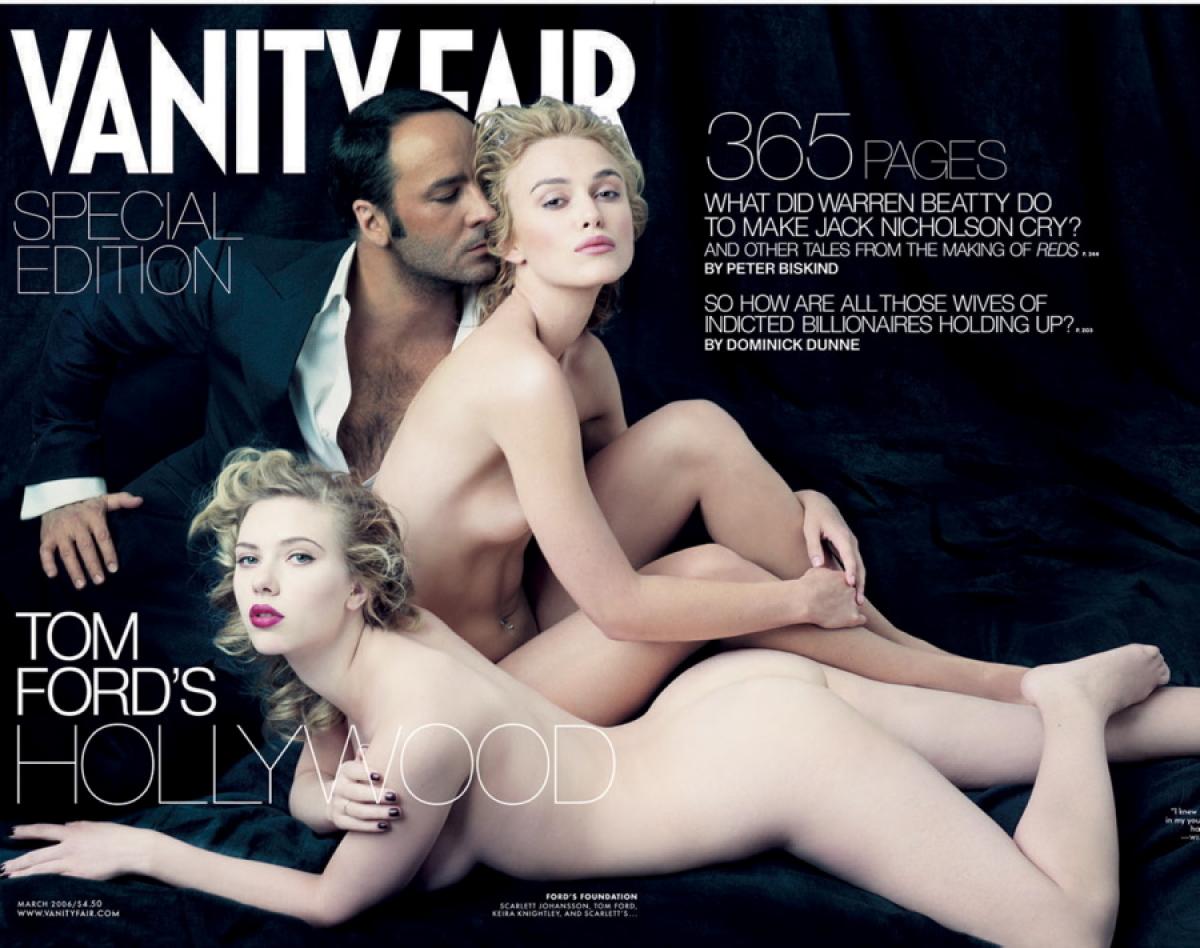The Honoraries: Harry Belafonte, Beetlejuice (1988)... and Selma (2014)?
 Friday, October 31, 2014 at 5:00PM
Friday, October 31, 2014 at 5:00PM 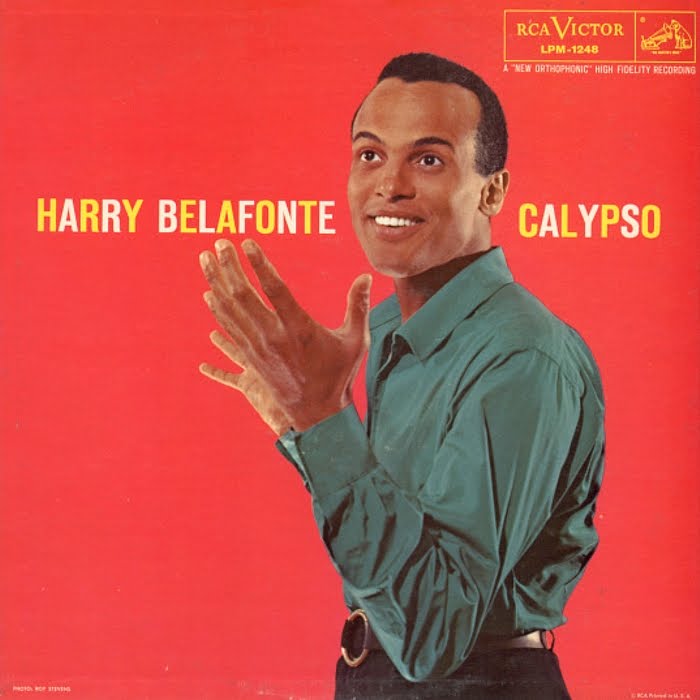 In our miniseries "The Honoraries" we're celebrating the four talents that'll be honored by the Academy at the Governor's Awards this year. Here's Nathaniel...
In our miniseries "The Honoraries" we're celebrating the four talents that'll be honored by the Academy at the Governor's Awards this year. Here's Nathaniel...
Or, rather, here's soon to be Jean Hersholt Humanitarian winner Harry Belafonte's immeasurable contribution to Tim Burton's Beetlejuice (1988) - included below since it seemed appropriate for Halloween. When I was a kid these Belafonte songs weren't new to me since my parents had a few of his records but I imagine for a whole swath of young moviegoers in the 1980s this was quite an introduction. Two of the movie's key scenes were basically handed over to his joyful voice and catchy songs.
"Day-O (The Banana Boat Song)" was originally from Harry Belafonte's "Calypso" album, his third, in 1956. The song was a top five hit but the album was an even bigger sensation spending over half a year as the #1 selling LP in the country. "Jump in the Line" the Belafonte number that closes the film through Noni's floating dance was a cover recorded for his 1961 album "Jump Up Calypso".
Beetlejuice (1988) and political activism after the jump...




